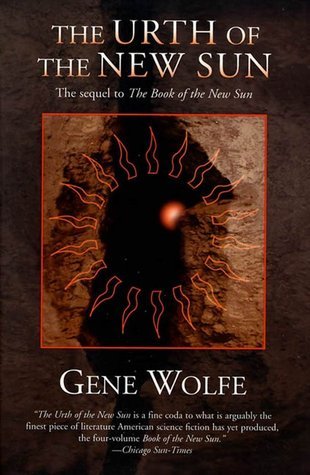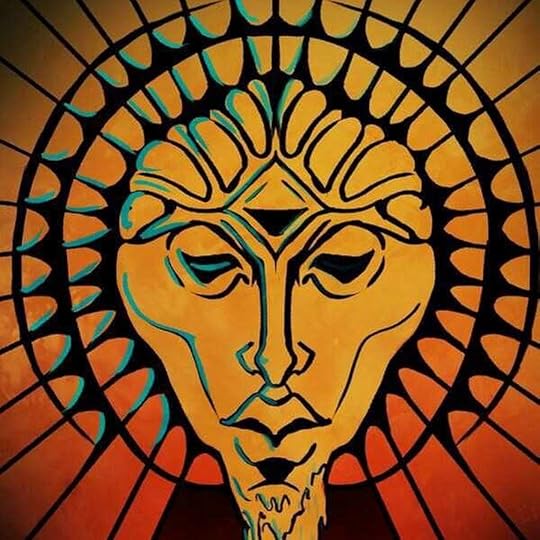What do you think?
Rate this book


386 pages, Kindle Edition
First published January 1, 1987
There the stars swarmed still, but it seemed to me they formed a great disk in the sky, and when I looked at the edges of that disk, I saw they were streaked and old. Since that time I have often pondered on that sight, here beside the all-devouring sea. It is said that so great a thing is the universe that no one can see it as it is, but only as it was…
What you call time is made up of such waves, and as the waves you saw existed in the water, so time exists in matter. The waves march toward the beach, but if you were to cast a pebble into the water, new waves, a hundredth or a thousandth the strength of the old, would run out to sea, and the waves there would feel them.


- and the others who had come to aid us backed away, their faces filled with fear and wonder; and I thought then (as I think now) how strange it was that they should have been so brave when they faced a horror, but such cowards when confronted by the palinode of fate.
Perhaps it is only that when we contend with evil, we are engaged against our brothers.
“I am a bad man trying to be a good one.”